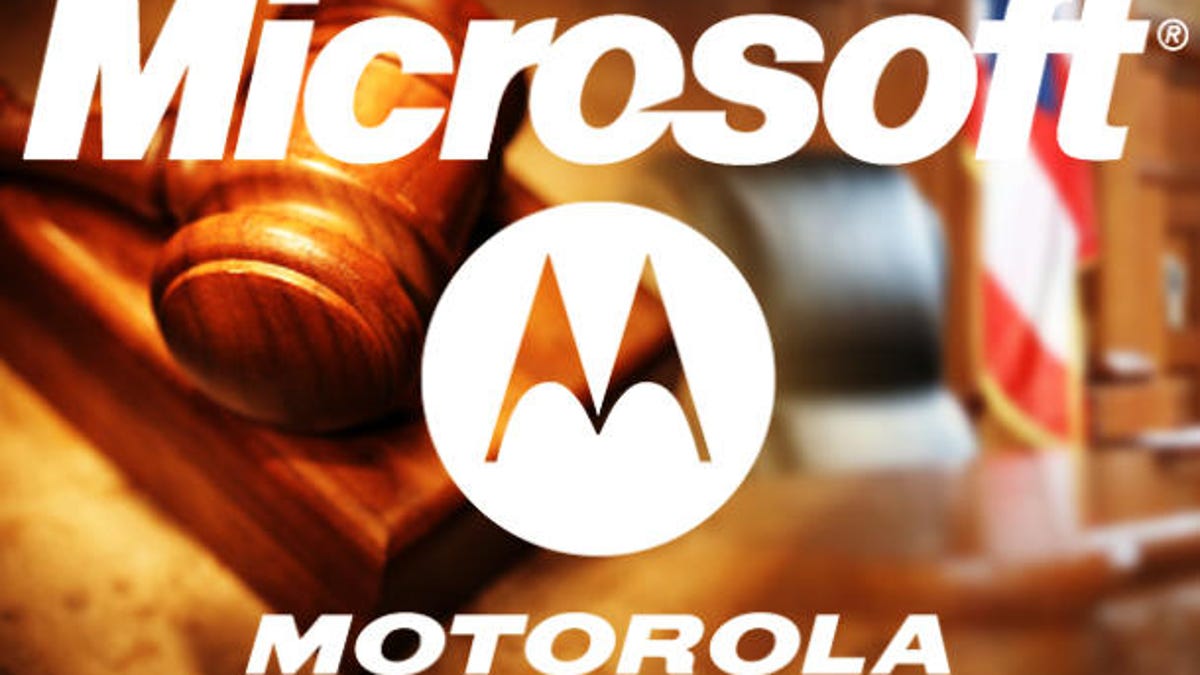Microsoft cleared in Xbox patent spat with Google
The U.S. International Trade Commission on Thursday reaffirmed an earlier ruling, saying Microsoft did not infringe on patents owned by Google.

The U.S. International Trade Commission on Thursday said it won't review a final ruling that found Microsoft to be in the clear of infringing on patents held by Motorola Mobility, which Google acquired last year.
The ruling (PDF) follows an initial determination in favor of Microsoft on March 22 of this year, as well as a final initial determination from last month from an ITC administrative law judge.
At stake were potential future sales of the console in the U.S., which could have been halted if Motorola had won.
"This is a win for Xbox customers and confirms our view that Google had no grounds to block our products," David Howard, Microsoft's corporate vice president and deputy general counsel, said in a statement.
"We're disappointed with this decision and are evaluating our options," a Motorola spokesperson told CNET.
The spat between the two tech giants began in November 2010 when Motorola Mobility sued Microsoft, accusing the company's Xbox 360 game console and smartphones of infringing on its wireless and video coding patents.
The complaint originally began with five patents, though the case was whittled down to one for wireless data transmission. Things also became more complex after Google bought Motorola Mobility last May, acquiring its lawsuits.
Motorola seemingly had an early victory in the case, with an ITC judge ruling that Microsoft had, in fact, infringed on four out of the five patents, however, the decision was sent back for review, and ultimately overturned.
Technology companies in recent years have increasingly turned to the ITC to settle their disputes. Companies can pursue an ITC case in parallel with civil lawsuits, and the threat of an embargo on products typically forces companies to settle more quickly.
The decision, which marks the end of the investigation, comes just days after Microsoft's unveiling of its next-generation Xbox, the Xbox One. That device has not been given a price, though Microsoft says it plans to ship it later this year.
Updated at 4:10 p.m. PT with comment from Google/Motorola.

